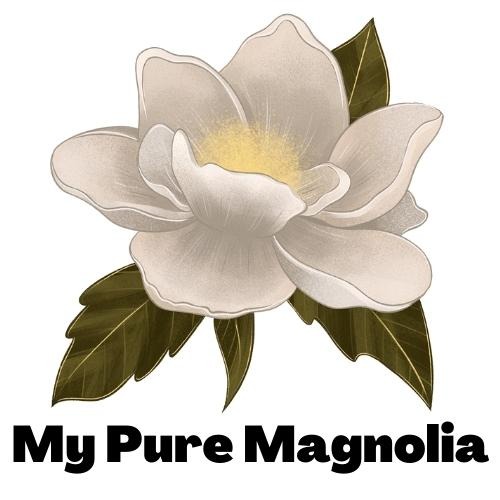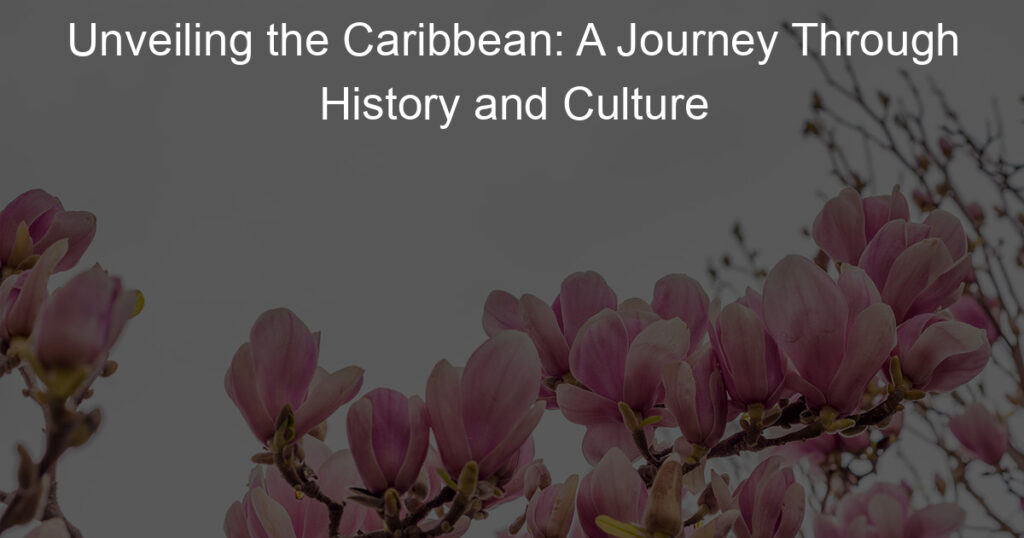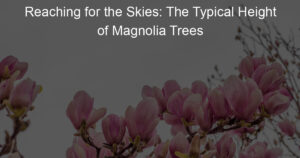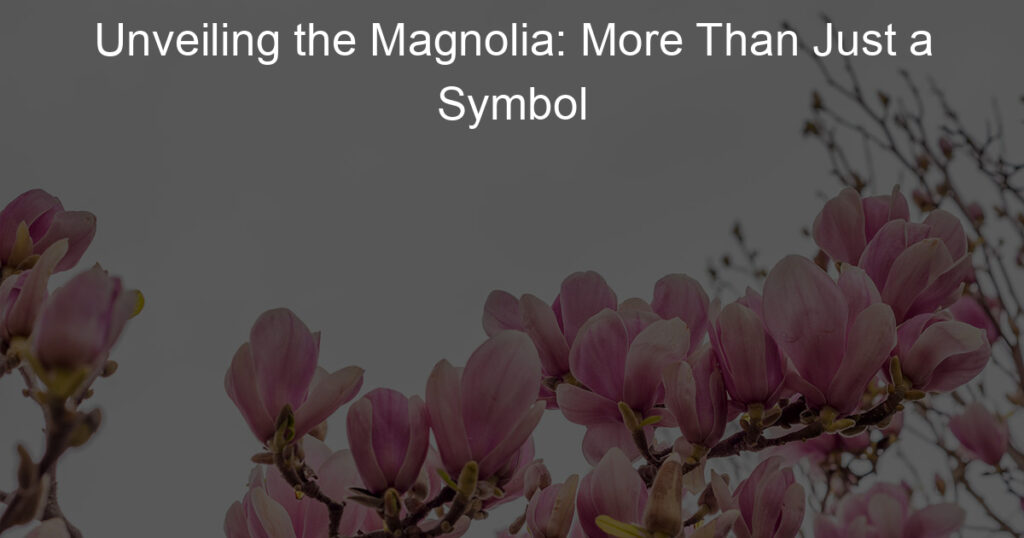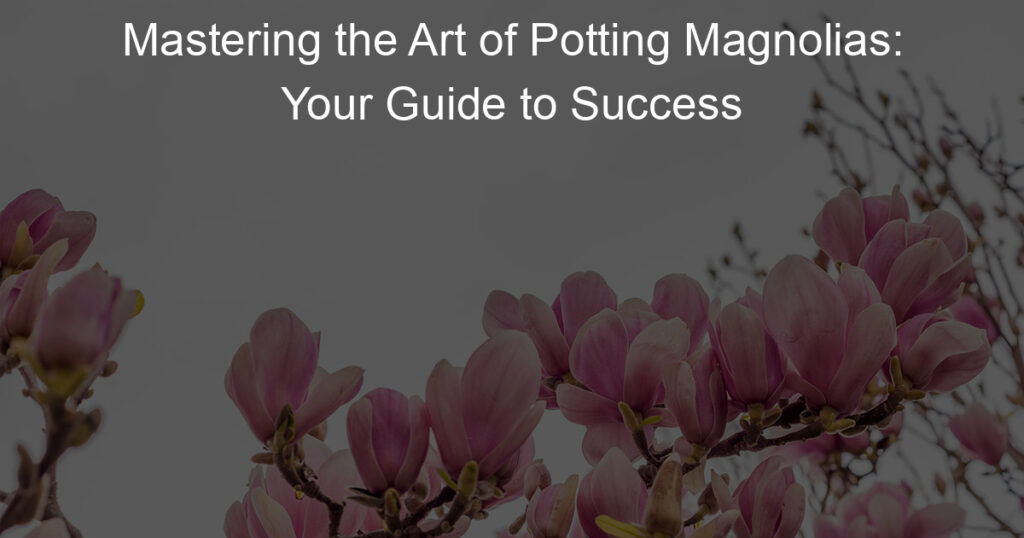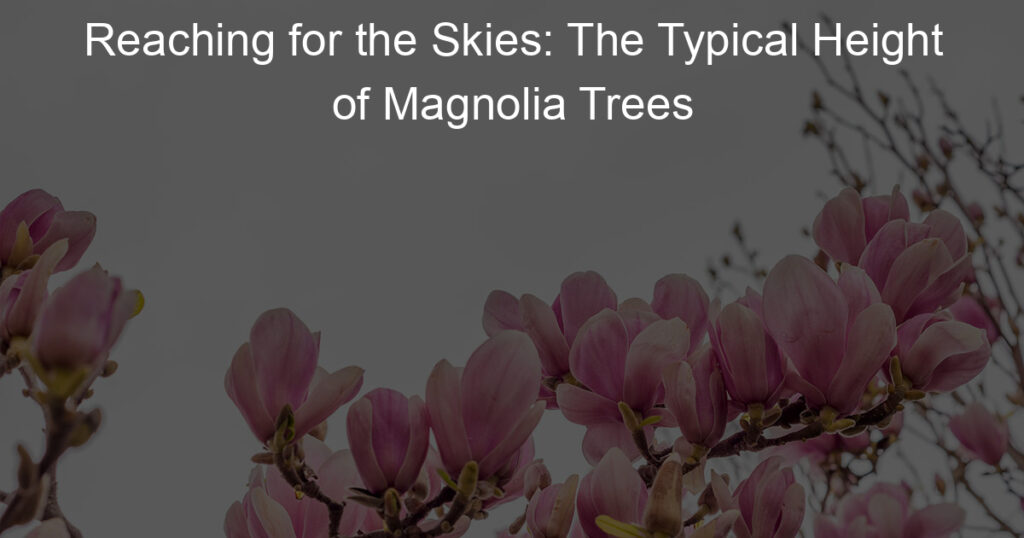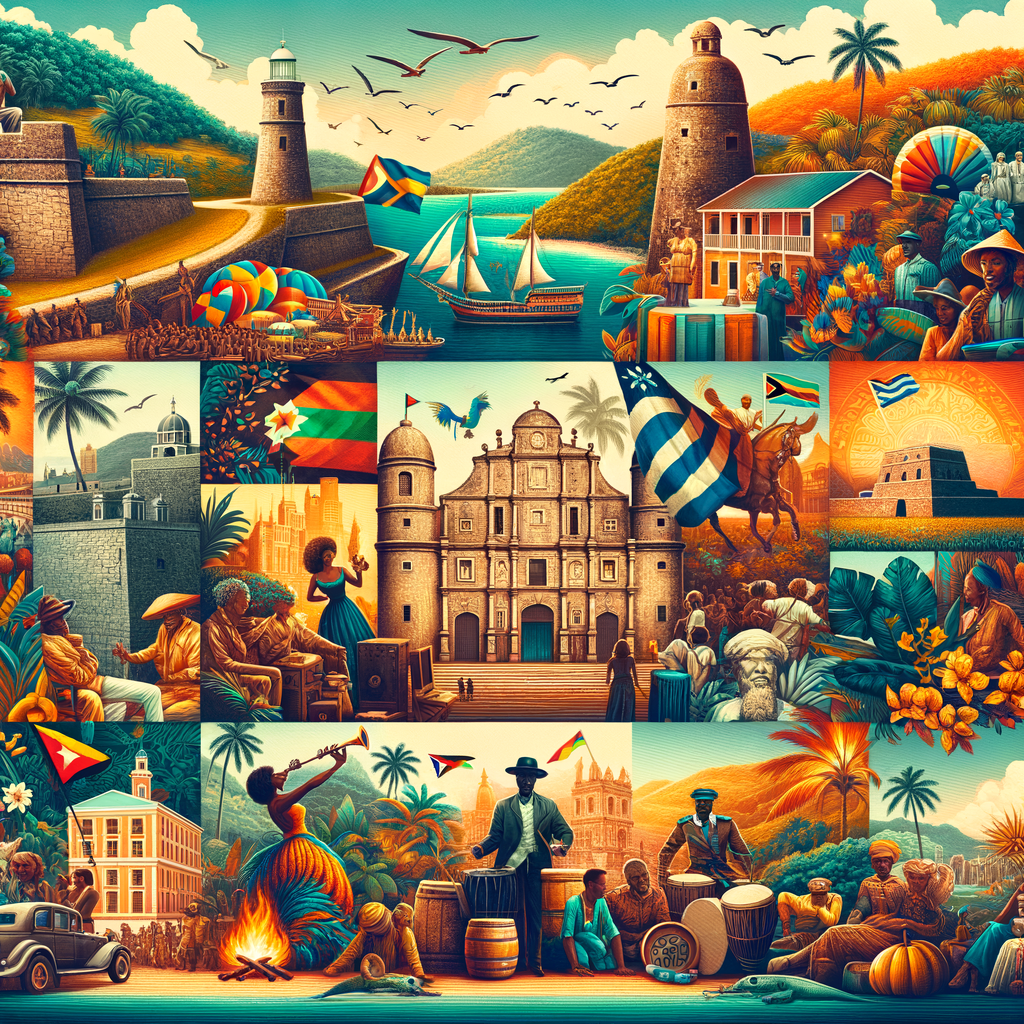
Introduction to Caribbean Culture and History
The Caribbean, a region known for its vibrant culture and rich history, is a fascinating area to explore. This introduction will provide an overview of the Caribbean’s culture and history, highlighting its significance and unique characteristics.
-
- Overview of Caribbean Culture History
The Caribbean culture is a blend of influences from various ethnic groups that have inhabited the region over the centuries. This includes the indigenous people, African slaves, European colonizers, and Asian immigrants. Each group has contributed to the region’s unique culture, which is reflected in its music, dance, food, language, and traditions. For example, the Caribbean music genres of reggae, salsa, and calypso have roots in African rhythms, while the region’s cuisine is a fusion of African, Indian, and European flavors.
-
- Significance of Caribbean Culture
The Caribbean culture holds great significance due to its unique blend of influences, which has resulted in a rich and diverse cultural heritage. This culture is not only celebrated within the Caribbean but also influences global trends, particularly in music, dance, and fashion. The Caribbean Carnival, for instance, is an event celebrated worldwide, showcasing the region’s vibrant music, colorful costumes, and lively dance styles. This cultural richness makes the Caribbean a fascinating region to study and experience.
-
- History of the Caribbean
The history of the Caribbean is as diverse and vibrant as its culture. The region’s history dates back to the indigenous people who first inhabited the islands. The arrival of Christopher Columbus in the late 15th century marked the beginning of European colonization, which brought significant changes to the region. The Caribbean became a hub for the transatlantic slave trade, with African slaves brought to work on the sugar plantations. The abolition of slavery in the 19th century led to the influx of indentured laborers from India and China. The 20th century saw the struggle for independence and the formation of the Caribbean nations we know today. This rich history has shaped the Caribbean’s culture and identity, making it a region of historical significance.
In conclusion, the Caribbean’s culture and history are a testament to the region’s resilience and creativity. Despite the challenges faced over the centuries, the Caribbean has managed to create a vibrant culture that is celebrated worldwide. Its history, marked by periods of struggle and triumph, has shaped the region’s unique identity. As we delve deeper into the Caribbean’s historical landmarks, cultural heritage, and major historical events, we will gain a deeper appreciation of this fascinating region.
Caribbean Historical Landmarks
The Caribbean is not only known for its beautiful beaches and tropical weather, but also for its rich history. The region is dotted with numerous historical landmarks that tell the story of its past. Let’s explore some of the most notable historical sites in the Caribbean.
Notable Caribbean Historical Sites
From ancient ruins to colonial forts, the Caribbean is home to a wealth of historical sites. Here are two of the most significant ones:
-
- Historical significance in the Caribbean: The Citadel, Haiti
The Citadel, also known as Citadelle Laferrière, is one of the most iconic landmarks in the Caribbean. Built in the early 19th century, this massive stone fortress stands as a symbol of Haiti’s fight for independence. It’s one of the largest fortresses in the Americas and has been designated as a UNESCO World Heritage Site.
-
- Historical significance in the Caribbean: Nelson’s Dockyard, Antigua
Nelson’s Dockyard is another significant historical site in the Caribbean. This Georgian-era marina was once the base of the British Navy during the Napoleonic Wars. Today, it’s a popular tourist attraction and a UNESCO World Heritage Site, offering a glimpse into the region’s colonial past.
These are just a few examples of the rich historical landmarks found in the Caribbean. Each site tells a unique story, offering insights into the region’s past and its journey to the present. Whether you’re a history buff or just a curious traveler, these sites are a must-visit on any trip to the Caribbean.
| Historical Site | Location | Significance |
|---|---|---|
| The Citadel | Haiti | Symbol of Haiti’s fight for independence |
| Nelson’s Dockyard | Antigua | Insight into the region’s colonial past |
Exploring these historical landmarks not only enriches our understanding of Caribbean history, but also highlights the region’s resilience and cultural diversity. So, the next time you plan a trip to the Caribbean, make sure to include these historical sites in your itinerary!
Caribbean Cultural Heritage
The Caribbean region, a vibrant blend of cultures, is known for its rich and diverse cultural heritage. This cultural wealth is a product of the region’s unique history, which includes influences from indigenous peoples, European colonizers, African slaves, and immigrants from Asia and the Middle East. The Caribbean’s cultural heritage is reflected in its traditions, which are integral to the identity and lifestyle of its people.
Caribbean Cultural Traditions
Caribbean cultural traditions are a vibrant mix of influences from around the world. They are deeply rooted in the region’s history and are an essential part of its cultural heritage. Let’s explore two of these traditions and their cultural significance in the Caribbean.
-
- Cultural significance in the Caribbean: Tradition 1 – Carnival
Carnival is one of the most significant and widely celebrated traditions in the Caribbean. Originating from the Catholic tradition of ‘Carne Vale’ – farewell to meat, it was first celebrated by European colonizers. Over time, it evolved to become a unique Caribbean celebration, incorporating African, indigenous, and other cultural influences. Today, it is a vibrant display of music, dance, and colorful costumes that celebrates Caribbean culture and freedom.
-
- Cultural significance in the Caribbean: Tradition 2 – Creole Cuisine
Creole cuisine is another important tradition that reflects the Caribbean’s cultural heritage. It is a flavorful blend of African, European, and indigenous cooking techniques and ingredients. Dishes like jerk chicken, rice and peas, and roti are staples in Caribbean households and are a testament to the region’s rich cultural diversity. This cuisine not only offers a unique gastronomic experience but also tells the story of the Caribbean’s multicultural history.
In conclusion, the Caribbean’s cultural heritage is a rich tapestry woven from the threads of various cultures. Its traditions, like the Carnival and Creole cuisine, are not just celebrations or culinary experiences, but are also powerful expressions of the region’s history, diversity, and identity.
Major Caribbean Historical Events
The Caribbean is a region rich in history, with events that have shaped its culture and heritage in profound ways. Let’s delve into two significant historical events and their impact on the Caribbean cultural heritage.
Impact of Historical Events on Caribbean Culture
Historical events have a way of shaping the culture and heritage of a region. The Caribbean is no exception. Here, we will look at two major events and how they influenced the Caribbean cultural heritage.
-
- The Abolition of Slavery (1834) and its impact on Caribbean cultural heritage
The abolition of slavery in 1834 was a turning point in Caribbean history. It marked the end of a brutal era and the beginning of freedom for millions of enslaved Africans. This event had a profound impact on the Caribbean cultural heritage.
The abolition led to the emergence of a unique blend of African, European, and indigenous influences in the Caribbean culture. This fusion is evident in the region’s music, dance, food, and language. For instance, the African influence is seen in the rhythmic beats of reggae and calypso music, while the European influence is seen in the architectural designs of many Caribbean buildings.
-
- The Cuban Revolution (1959) and its impact on Caribbean cultural heritage
The Cuban Revolution in 1959 was another significant event that shaped the Caribbean. Led by Fidel Castro, the revolution resulted in the establishment of a socialist state in Cuba, which had far-reaching effects on the Caribbean cultural heritage.
The revolution led to a surge in national pride and identity among Cubans and other Caribbean people. It also inspired a wave of revolutionary movements across the Caribbean, leading to significant political and social changes. The Cuban Revolution also influenced the arts, literature, and music of the region, with many artists using their work to express their political views and experiences.
In conclusion, these historical events have significantly shaped the Caribbean cultural heritage, creating a rich and diverse culture that is admired worldwide.
Conclusion: The Richness of Caribbean History and Culture
As we conclude our exploration of the Caribbean, it’s important to reflect on the richness and diversity of its history and culture. The Caribbean is not just a collection of beautiful islands, but a vibrant tapestry woven from a multitude of historical events, cultural practices, and influential figures.
-
- Reflection on the journey through Caribbean culture history
Our journey through Caribbean history has taken us from the ancient civilizations that first inhabited these islands, through the era of European colonization, and into the modern day. We’ve seen how each period has left its mark, shaping the Caribbean into the diverse region it is today. From the historical landmarks that bear witness to the past, to the cultural heritage that continues to thrive, every aspect of Caribbean history contributes to its richness.
-
- Final thoughts on the significance of Caribbean culture and history
Understanding the history and culture of the Caribbean is crucial, not just for those who live there, but for anyone who seeks to appreciate the world in all its diversity. The Caribbean’s history is a testament to the resilience and creativity of its people, while its culture is a vibrant celebration of life. From the rhythms of reggae and salsa, to the flavors of jerk chicken and roti, Caribbean culture is a feast for the senses.
In the end, the true richness of the Caribbean lies not in its natural beauty, but in its people and their history. It’s a richness that can’t be measured in dollars or kilometers, but in the stories, traditions, and values that have been passed down through generations. As we’ve seen, the Caribbean’s history is not just a collection of facts and dates, but a living, breathing entity that continues to shape the region and its people.
So, whether you’re planning a trip to the Caribbean, or simply want to learn more about this fascinating region, remember to look beyond the surface. Dive into its history, immerse yourself in its culture, and you’ll discover a richness that goes far beyond the postcard-perfect beaches and crystal-clear waters. Because the true beauty of the Caribbean lies not just in its landscapes, but in its history and culture – a richness that’s worth exploring, celebrating, and preserving for generations to come.
